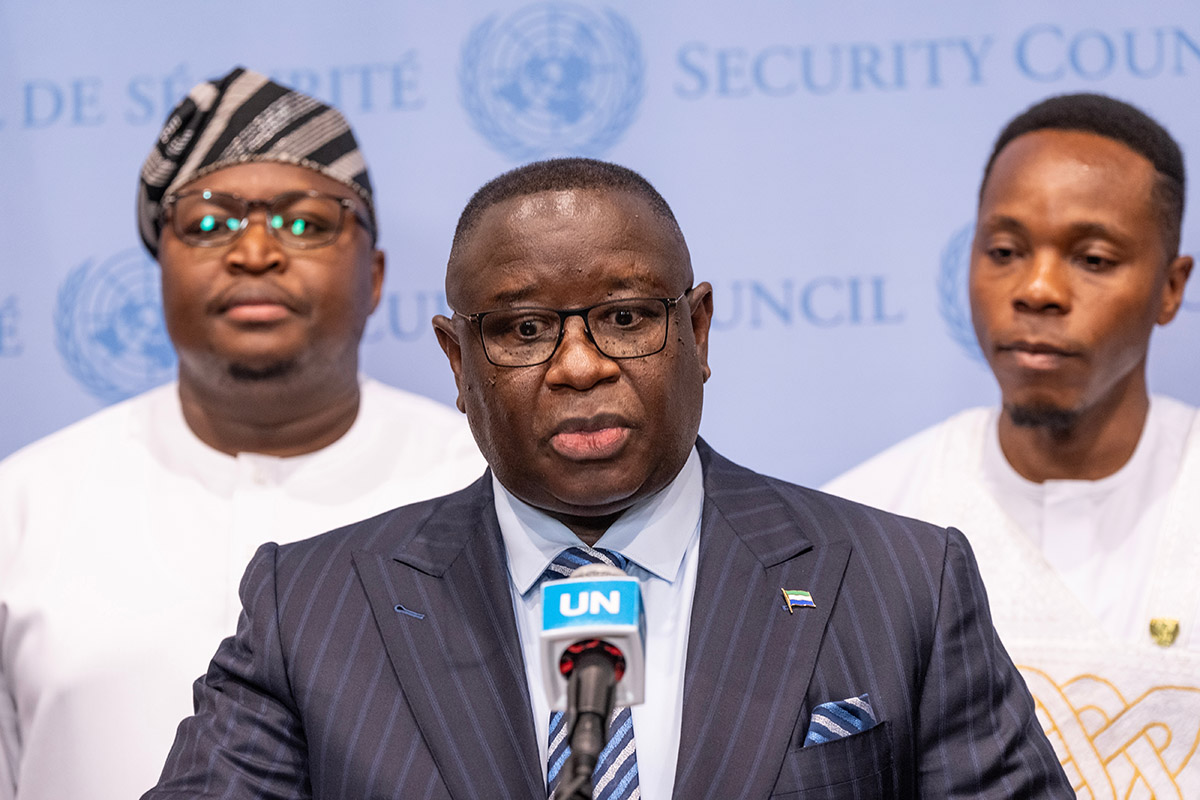“Emulating Kenya’s judicial independence”
September 23 A bold decision by the Supreme Court of Kenya offers lessons for the judiciary in other countries, writes Badru Walusansa, 26, a Commonwealth Correspondent from Kampala in Uganda.
A bold decision by the Supreme Court of Kenya offers lessons for the judiciary in other countries, writes Badru Walusansa, 26, a Commonwealth Correspondent from Kampala in Uganda.
The Supreme Court ruling in Kenya that led to the nullification of President Uhuru Muigai Kenyatta’s election victory provides key lessons on how an independent judicial system must fully function. Many political pundits across the globe have applauded Kenya’s judicial system for exuding a high degree of independence in dispensing justice and rule of law. Others have concluded that Kenya is among the most democratic countries, with a strong and independent judicial system.
Several opposition politicians have thus argued that Uganda’s judicial system should also have annulled the 2016 Presidential polls on grounds that the incumbent compromised the outcome of the elections. But before we compare Kenya to Uganda, we need to be more realistic and must appreciate Kenya’s significant strides in promoting judicial independence, rule of law and democracy.
A strong and independent judicial system is the cornerstone of democracy and as such must be religiously respected and upheld. It should be observed that a bent judicial system cannot adequately promote democratic principles that include fairness and equality, transparency and accountability.
Among the key expectations of the Citizens’ Manifesto 2016-2021 is defence and protection of the independence of institutions of state and citizenship as foundations of building a durable democracy. Despite the citizens’ aspiration for enhanced strong, independent institutions, government has not expressed commitment or political will to pursue the doctrine of separation of powers that would facilitate independence of the judiciary.
The judicial system in Uganda is fused with other arms of government such as the executive, which frustrates its impartiality and independence. On several occasions judgments are passed that reflect the influence of the state to the detriment of the citizens.
Suffice to note that Ugandans consequently have diminished public trust and confidence in the judicial system. On the other hand, according to the 2015 survey by Freedom House, Kenyans see their judiciary as the third most trusted institution to stand up for them and defend their rights, after media and civil society.
Recently, judicial officers went on a sit down strike to demand salary increases. Government must come to terms with the judiciary and resolve the conflict in order to avoid all sorts of compromises that may infringe on the process of administration of justice.
In order to ensure judicial independence, we must advocate for the passing of the Administration of the Justice Bill. The judiciary should be given financial autonomy as an independent arm of government, just like the executive and parliament, in order to foster judicial independence and efficiency.
We should also make sense of the Transparency International 2017 survey findings which, despite other reports, continue to indicate the judiciary as one of the top most corrupt institutions besides police. Corruption weakens the judicial system, hence leading to miscarriage of justice and – in the long run – a breakdown in the rule of law and democracy.
Reach me at badruwalu@gmail.com
photo credit: boellstiftung Wahlplakate für Uhuru via photopin (license)
………………………………………………………………………………………………………………
About me: I am a human rights activist, academic and writer in the local dailies. I was part of Uganda’s largest election observation group, CEON-Uganda and currently work as a Project Assistant M&E at the Legal Aid Service Providers’ Network (LASPNET). My passion is in writing and I have authored several articles on different topics in the Weekly Observer, Daily Monitor, New Vision and Independent Magazine.
…………………………………………………………………………………………………………………
Opinions expressed in this article are those of the author and do not necessarily represent the views of the Commonwealth Youth Programme. Articles are published in a spirit of dialogue, respect and understanding. If you disagree, why not submit a response?
To learn more about becoming a Commonwealth Correspondent please visit: http://www.yourcommonwealth.org/submit-articles/
………………………………………………………………………………………………………………






